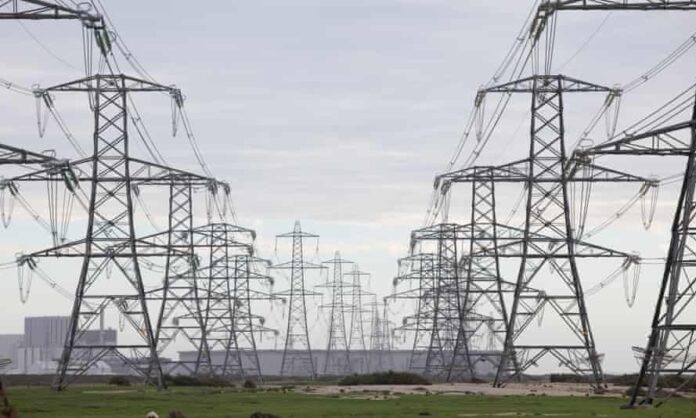Nigeria’s national electricity grid suffered a major disturbance on Wednesday, February 12, 2025, leading to widespread power outages in major cities, including Lagos and Abuja. The disruption occurred at approximately 11:34 AM, plunging businesses and households into darkness. This marks the second national grid collapse in 2025, following a similar incident on January 11.
Electricity distribution companies, including the Abuja Electricity Distribution Company (AEDC) and Ikeja Electric, confirmed the outage and assured consumers that efforts were underway to restore power. AEDC stated that gradual restoration had begun, while Ikeja Electric noted it was working closely with stakeholders to stabilize the situation. However, full restoration timelines remain uncertain.
The Transmission Company of Nigeria (TCN) has yet to provide an official explanation for the disturbance. In recent years, Nigeria has faced frequent grid collapses, with 12 recorded in 2024 alone. Experts cite inadequate infrastructure, poor maintenance, and insufficient power generation as key factors contributing to the recurring failures.
Businesses, hospitals, and households relying on electricity have been significantly affected, with many resorting to alternative power sources such as generators and inverters. The blackout has also disrupted economic activities, particularly in sectors heavily dependent on electricity, such as banking, telecommunications, and manufacturing.
While power restoration efforts are ongoing, the latest grid collapse raises renewed concerns about Nigeria’s electricity reliability. Stakeholders continue to urge the government to invest in modernizing the power infrastructure and implementing long-term solutions to prevent future disruptions.






